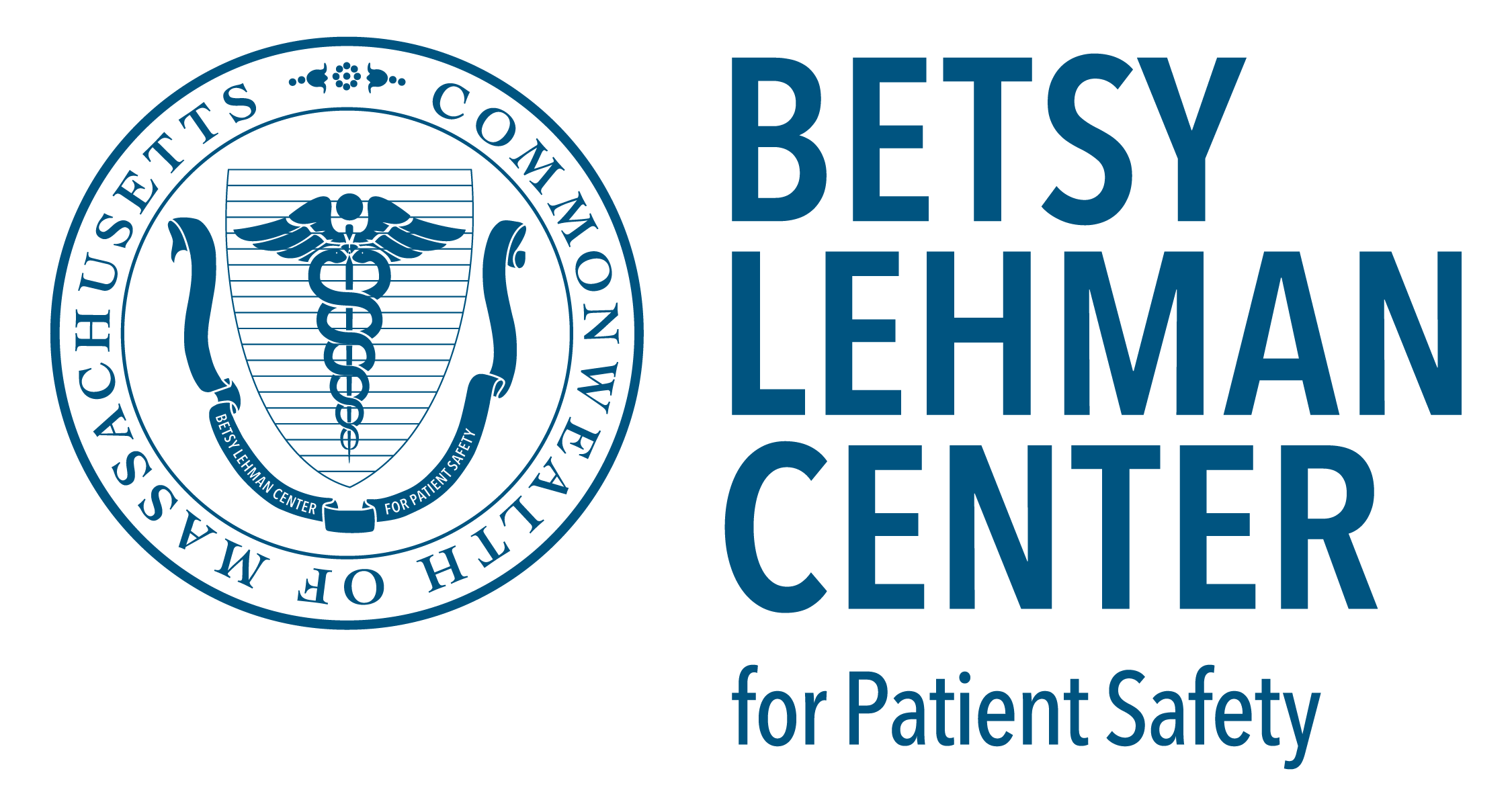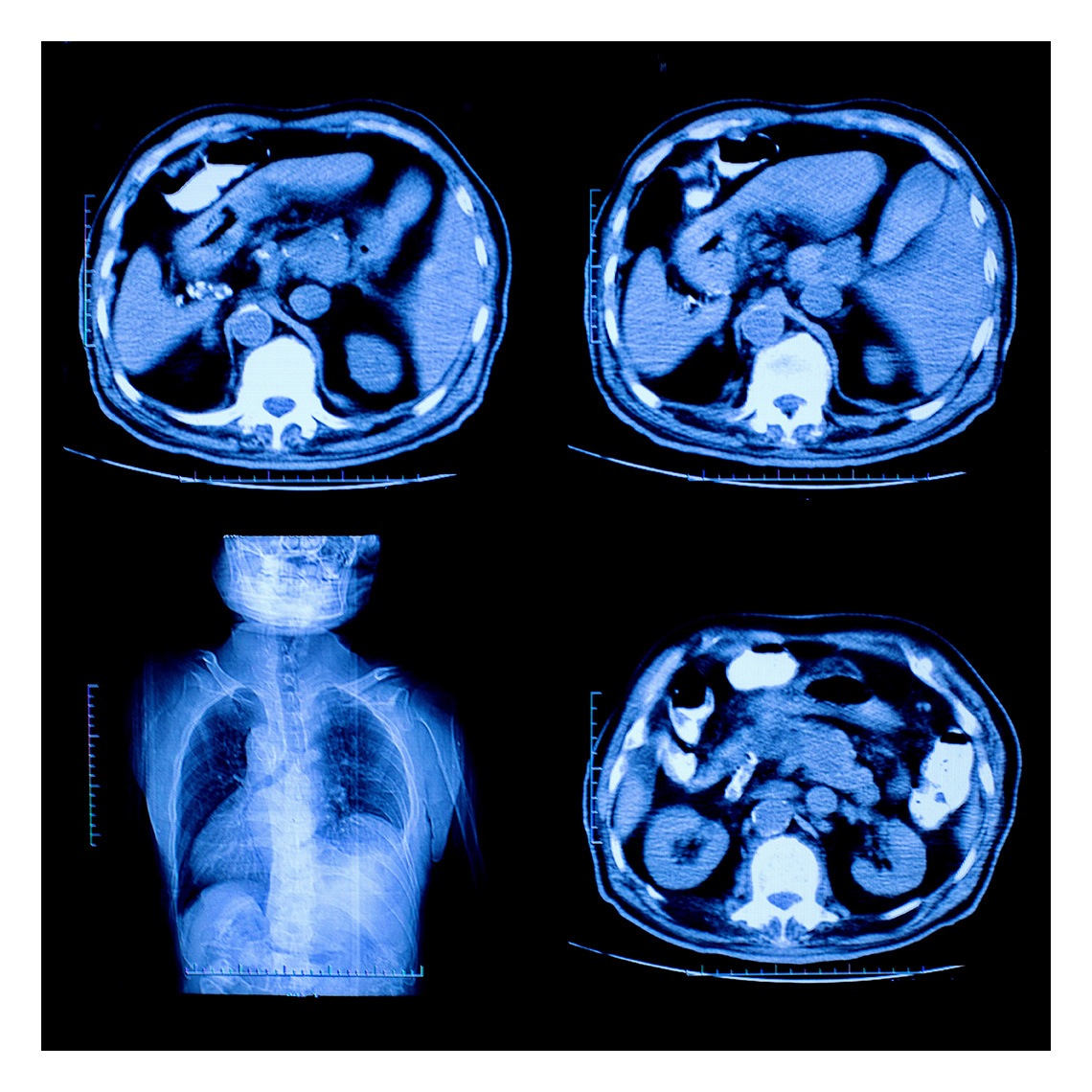News
Hazards Tied to Medical Records Rush
Jul 20, 2014
The Boston Globe article, Hazards tied to medical records rush, examines how present-day electronic health records (EHRs) may be a contributing factor to an adverse event. The article referenced a pilot study undertaken by CRICO to identify contributing factors to errors involving EHRs. The cases in that pilot study were coded over a one-year period and represent claims filed over the previous multiple years. (These cases did not all occur in a single year.)
Read the full-text article:
Rowland, C. “Hazards tied to medical records rush” Boston Globe. July 20, 2014
Latest News from CRICO
Get all your medmal and patient safety news here.
Report Underscores the Importance of Documentation. Can AI Reduce the Burden on Clinicians?
News
Candello’s new benchmarking report on documentation is featured in an article on the Betsy Lehman Center for Patient Safety website. The article highlights the critical role of accurate and timely documentation in patient care.


Utilization of Electronic Health Record Sex and Gender Demographic Fields: A Metadata and Mixed Methods Analysis
News
CRICO Grants
This CRICO co-funded retroactive study published in the Journal of the American Medical Informatics Association analyzed the records of patients 18 years of age or older in the Mass General Brigham health system with a first Legal Sex entry (registration requirement) between 2018 and 2022. The study was important because “Sex and gender demographic data are widely viewed as essential to providing culturally responsive gender affirming care and facilitating research and public health interventions.”

The Safety of Outpatient Health Care
News
Although most care occurs in the outpatient setting, knowledge of outpatient adverse events (AEs) remains limited. This study looks at adverse events in outpatient settings.
How Does Work Environment Relate to Diagnostic Quality? A Prospective, Mixed Methods Study in Primary Care
News
CRICO Grants
The aim of this CRICO-funded study was to develop a tool assessing key elements of the diagnostic assessment process and apply it to a series of diagnostic encounters examining clinical notes and the encounters’ recorded transcripts.
